Cancer Biology
-
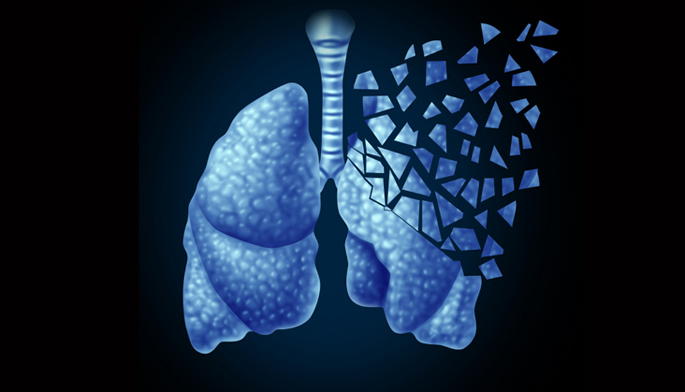
New direction for treating lung cancer
Targeting the production of molecules that promote tumor blood vessel development offers a new path for treating lung cancer. Read MoreFeb 7, 2014
-
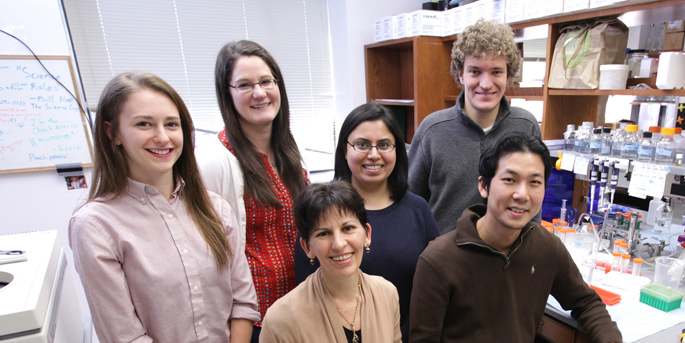
Cancer cells combine tools to increase invasiveness
Two features of invasive cancer cells — invadopodia and exosomes — are linked together, Vanderbilt University investigators have discovered. Read MoreDec 19, 2013
-
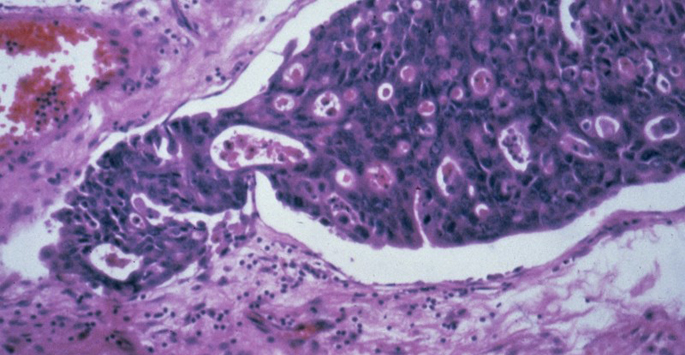
Therapeutic target for gastric cancer
A protein kinase linked to inflammation and tumor development may be a good target for gastric cancer therapies. Read MoreDec 12, 2013
-
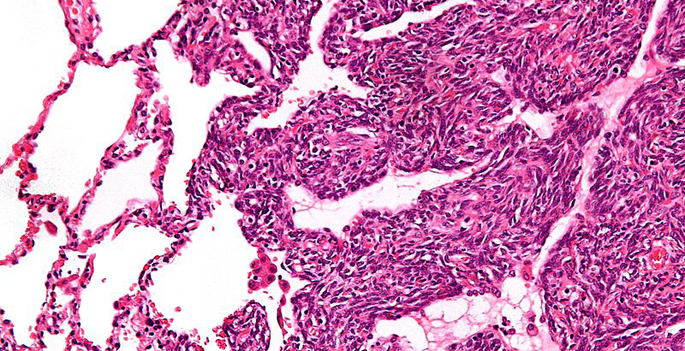
Therapeutic target for synovial sarcoma
Inhibitors of a signaling pathway that is critical to synovial sarcoma tumorigenesis may be useful treatments for this aggressive cancer. Read MoreNov 21, 2013
-

Molecular circuits in ovarian cancer
Vanderbilt researchers have used bioinformatics analysis of gene expression data to describe molecular “circuits” that drive ovarian cancer. Read MoreNov 13, 2013
-
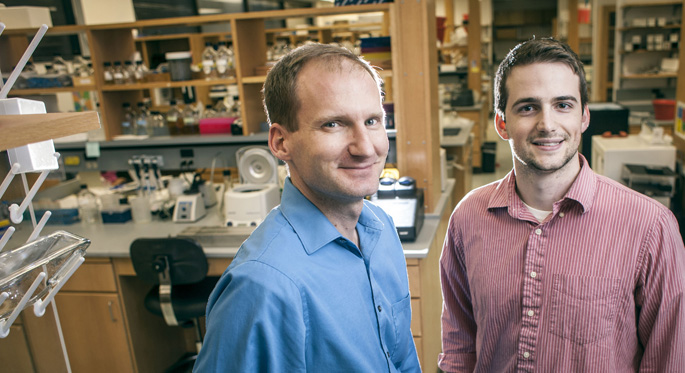
VU study sheds new light on DNA replication
David Cortez, Ph.D., and his Vanderbilt colleagues report new findings that shed light on fundamental processes involved in DNA replication and have implications for cancer therapies that target these processes. Read MoreNov 7, 2013
-
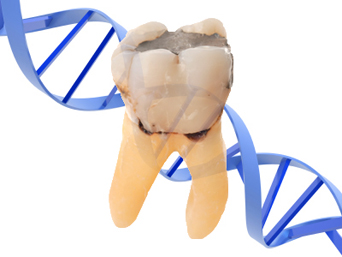
Gene interactions and cavities
Vanderbilt researchers used existing genome-wide association study datasets to identify gene interactions that contribute to tooth decay. Read MoreSep 30, 2013
-
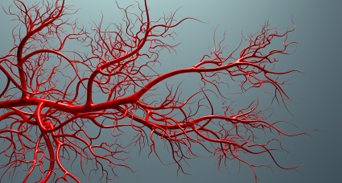
Tumor factor spurs blood vessel growth
A newly identified factor regulates blood vessel growth in colorectal tumors and could be a promising target for cancer therapies. Read MoreAug 26, 2013
-

Visualizing data on network ‘maps’
The new web application NetGestalt will allow investigators to simultaneously visualize different types of data for the same gene – such as mutation, expression and modification. Read MoreJul 25, 2013
-
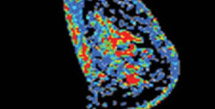
Predicting cancer’s response to therapy
Researchers are developing imaging methods to predict patient outcome early in the course of chemotherapy for breast cancer – to allow clinicians to adjust therapy for patients who are not responding. Read MoreJun 24, 2013
-
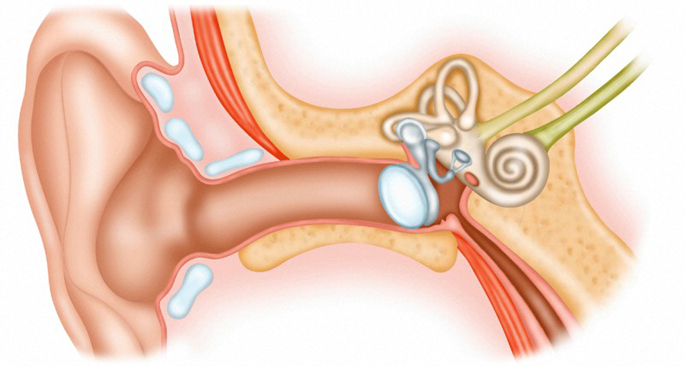
Inner ear’s role in bone remodeling
The inner ear system that senses gravity and movement plays a role in bone remodeling – a finding that has clinical implications for space travel and for patients with inner ear disorders. Read MoreMay 15, 2013
-

Dual-action enzyme protects esophagus
An antioxidant enzyme also functions as a tumor suppressor to limit cancer development in the esophagus. Read MoreMay 9, 2013
-
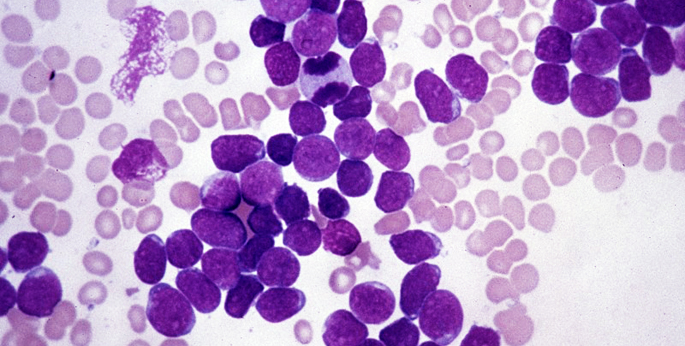
Leukemia culprit’s cellular actions
Overexpression of a gene that is a common culprit in leukemia induces stem cell-like features in T cells, which may enable the cells to become cancerous. Read MoreApr 11, 2013
-

Nobel laureate Hartwell set for Discovery Lecture
Nobel laureate Lee Hartwell, Ph.D., will deliver the next Flexner Discovery Lecture on Thursday, April 11. Read MoreApr 4, 2013
-

Foundation lauds graduate student’s melanoma research
Katherine Hutchinson, a third-year graduate student in Cancer Biology at Vanderbilt University, has won a $10,000 Research Scholar Award from the Joanna M. Nicolay Melanoma Foundation. Read MoreMar 28, 2013
-

New drugs a good BET for brain cancer
A novel class of drugs that target “BET” proteins may have broad utility for treating genetically diverse brain tumors. Read MoreMar 20, 2013
-
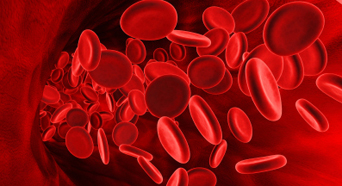
Linking oxygen, iron and red blood cells
The HIF oxygen-sensing pathway and its responses to low oxygen may be targeted for treatments of anemia and disorders of iron balance. Read MoreFeb 6, 2013
-

Brain tumor TIP reveals new target
The protein TIP-1 appears to be a novel prognostic marker for glioblastoma and may be a good therapeutic target for disrupting tumor-driven blood vessel development. Read MoreFeb 4, 2013
-
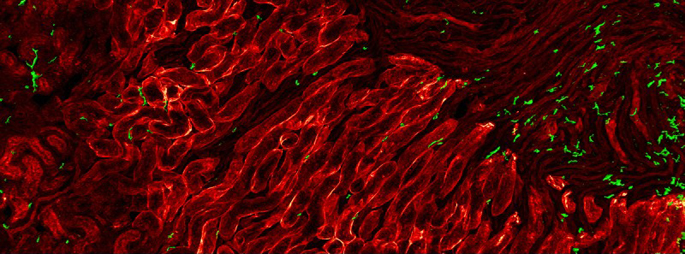
Do-it-yourself repair in the kidney
The kidney can mediate its own repair through proliferation of resident immune system cells. Read MoreJan 31, 2013
-

A drug combo for ovarian cancer
Combining another drug with platinum-based chemotherapies may be more effective against ovarian cancer. Read MoreDec 24, 2012